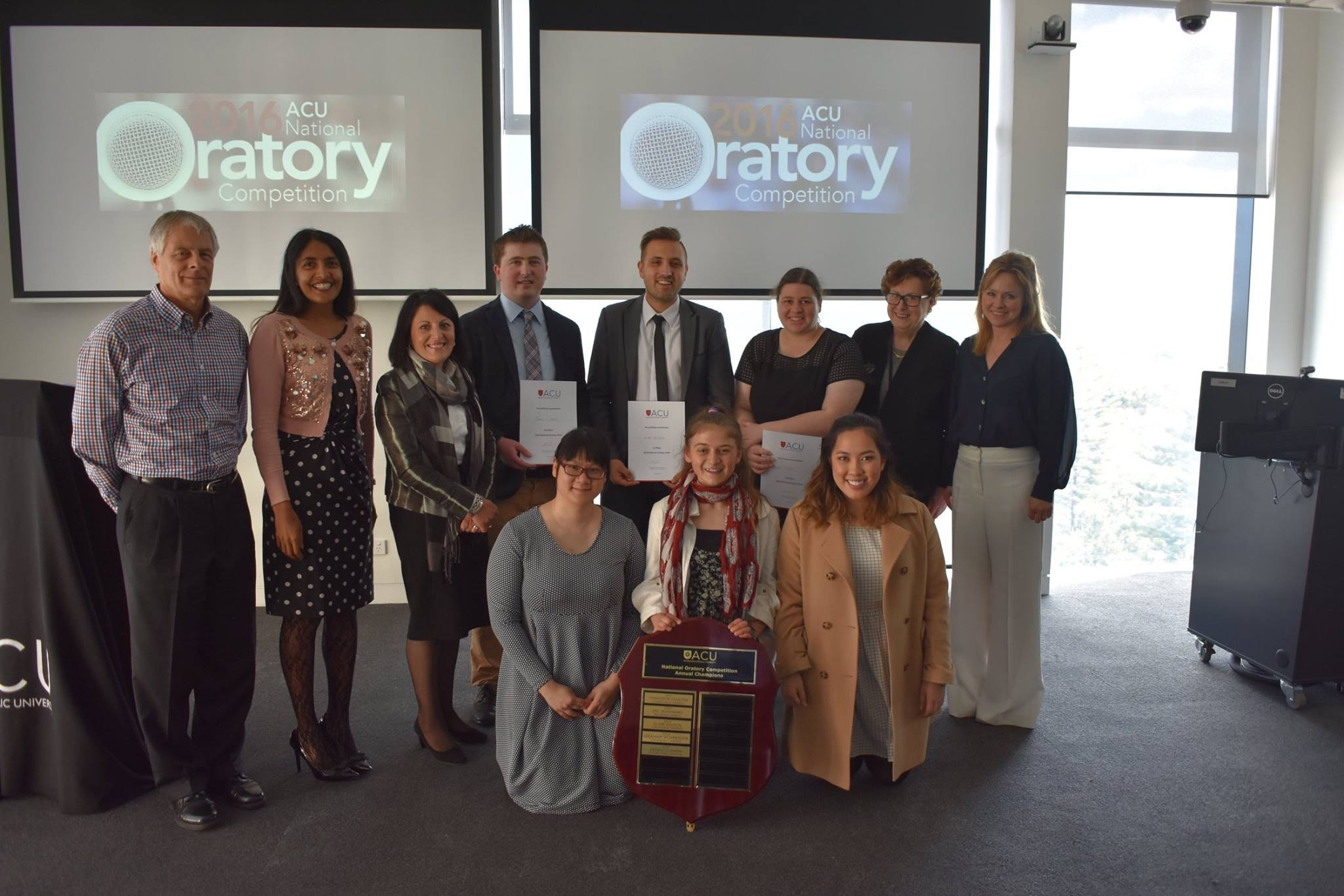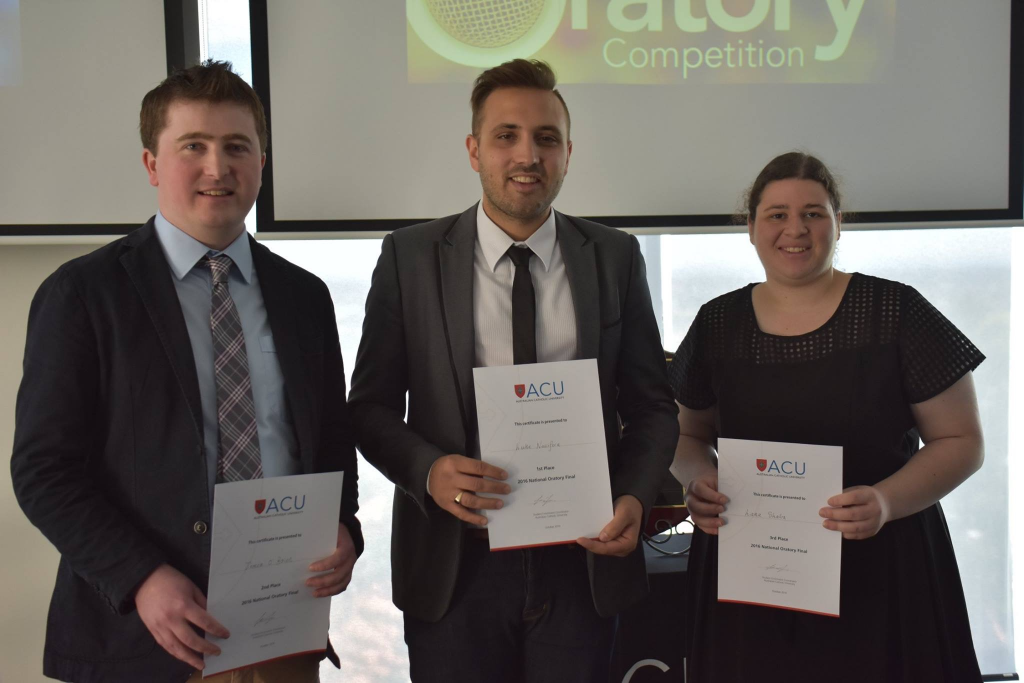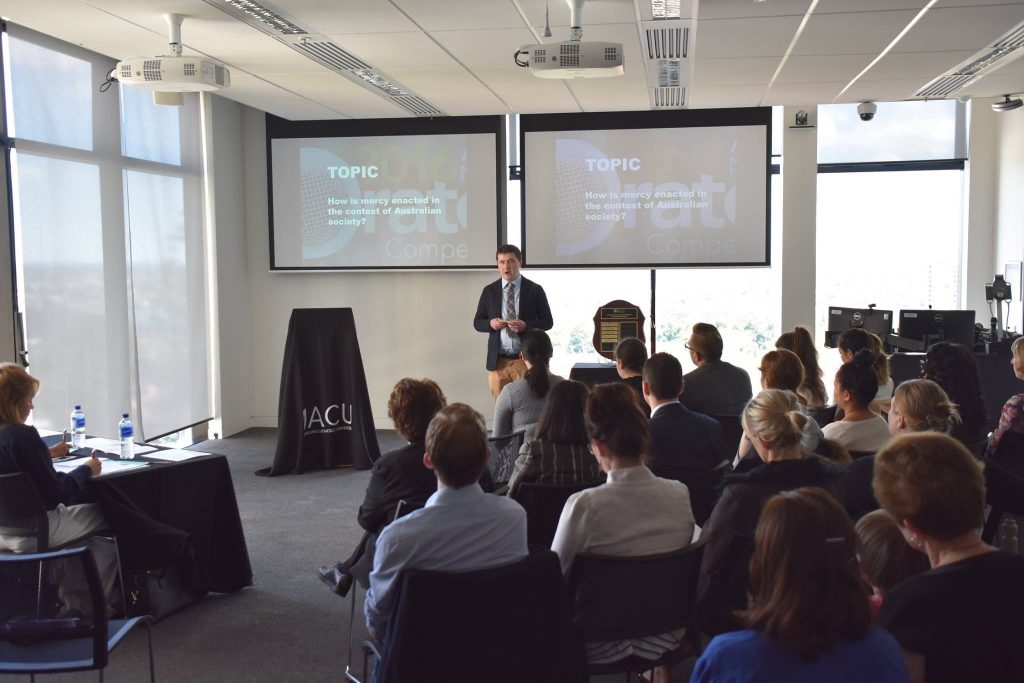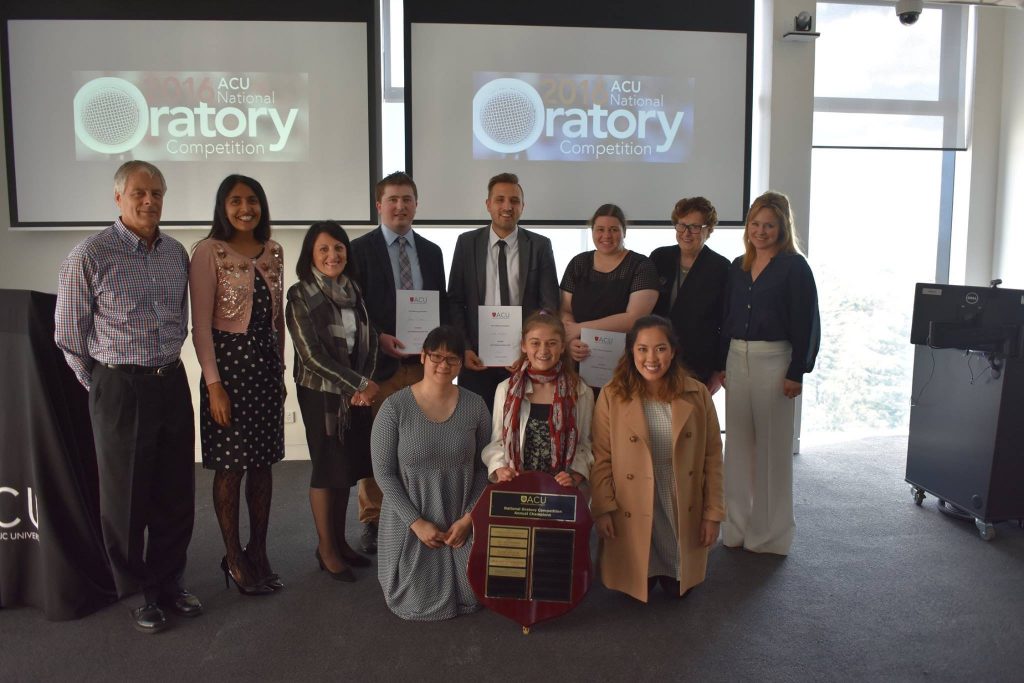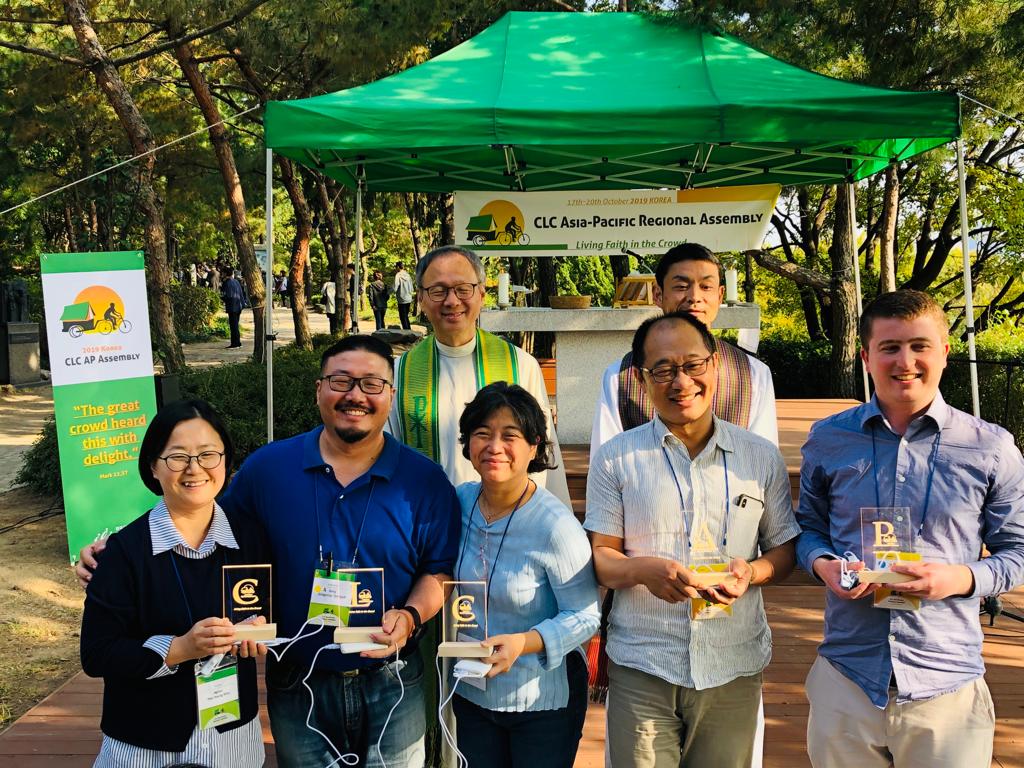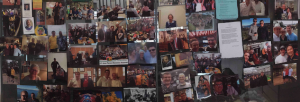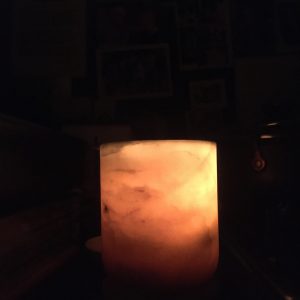‘The measure of a society is in how it treats its most vulnerable members.’ So said former judge and governor general Sir William Deane.
Mercy is the quality which animates such a vision. Mercy leads the way across deserts of despair into territories of hope. Mercy creates broadening circles of relationship until no one is excluded.
Today I will consider first what it feels like to receive mercy in Australia. Second I will shed light on the darkness experienced when mercy is withheld. Third I will consider the responsibility we all share to ensure mercy is the principle at the heart of our public institutions. In conclusion I will offer an account of what starts to happen when we give and receive mercy, how our vision changes and the world is at once more friendly, inviting, and warm.
When Pope Francis talks of mercy he asks us to think of it as a verb, not a noun. Thus when we talk today of mercy today let us talk of what Mercy in the City author Kerry Weber calls ‘mercy-ing’. This mercy-ing comes from the depths of one’s being.
Firstly let us ask a key question: what does receiving mercy feel like? Imagine a social worker assisting you, an asylum seeker, as you negotiate the minefield of living on an Australian government temporary protection visa, and notice how their mercy-ing gives you a glimmer of hope. Imagine a high school teacher is magnanimous towards you, a misbehaving yet suffering student, seeking to understand rather than punish, and see how their mercy-ing heals. Imagine a friend listening to you as your life seems to be in free fall, and consider the ways their mercy-ing brings you the beginnings of consolation.
Secondly let us shine light on those spaces darkened by choices which make mercy absent. When the Australian government locks you up for years on end after you are forced to flee war and persecution in your country of origin, you experience the horror of mercy withheld. When a bank extorts you by charging exorbitant interest on a personal loan, tipping you into homelessness, you feel the chill of mercy withheld. When powerful institutions obstruct your claim for just compensation, a victim of abuse when you were meant to be in their care, you suffer the alienation of mercy withheld.
Now ultimately we have a responsibility as the Australian people. We are yet to creatively engage in the mercy-ing which broadens the circle to include those whose dignity is stripped by the brutality of the market and the indifference of government. We are yet to adequately pressure the governments formed in our name to follow a principle of mercy for the vulnerable in our midst. We are yet to join the dots between our private acts of mercy-ing and our public culture of vitriol.
As Tim Winton declared with the stark anger of a prophet, “I fear we have devalued the currency of mercy. Children have asked for bread and we gave them stones.” Here he is remembering the children in the offshore camps neglected and abused, growing up behind bars. Unfortunately we have to expand the list. Think of the 2016 Australian Council of Social Services report revealing the 730,000 children living below the poverty line, going without breakfast before school and that’s just the start of it. Then there are the horrific images none of us will forget of the children at the Don Dale juvenile detention centre, subjected to torment and torture by those who are employed to have the kind of care and concern of parents or guardians, the guards. These examples of cruelty to children demonstrate the systemic injustice and personal meanness which mercy comes to transform.
So therein likes our mission: to live the mercy-ing which counteracts inhumane systems of cruelty and interpersonal violence. To begin, we must creatively engage in the mercy-ing which broadens the circle to include those whose dignity is stripped by the brutality of the market and the indifference of government. Our challenge is to adequately pressure the governments formed in our name to follow a principle of merciful policies for the vulnerable in our midst. To get there we must join the dots between our private acts of mercy-ing and our public culture of vitriol.
As we reflect on where to from here, let us remember that the road towards greater life in abundance stops regularly along the way for refuelling and mercy is the best fuel available. It is free and freeing all at once.
Indeed, when we are mercy-ing we are watering seeds of trust in an age of anxiety. When we are mercy-ing we are kindling fires of love for one another when we so easily go cold. And when we are receiving mercy we are surprised by hope just as despair is becoming an option.
So as we engage in the shared experience we today call mercy-ing we start to notice the places it’s made real, and the choices which actively withhold its transforming power. Australian society boasts many individuals and communities who live by a principle of mercy. We also have a record of institutionalising cruelty in ways which too often go unchallenged. Now aware of these two realities, let us make our own contribution to embodying that tenderness which looks upon the world and each person we meet with what Shakespeare called ‘the quality of mercy.’
Leave a Comment
